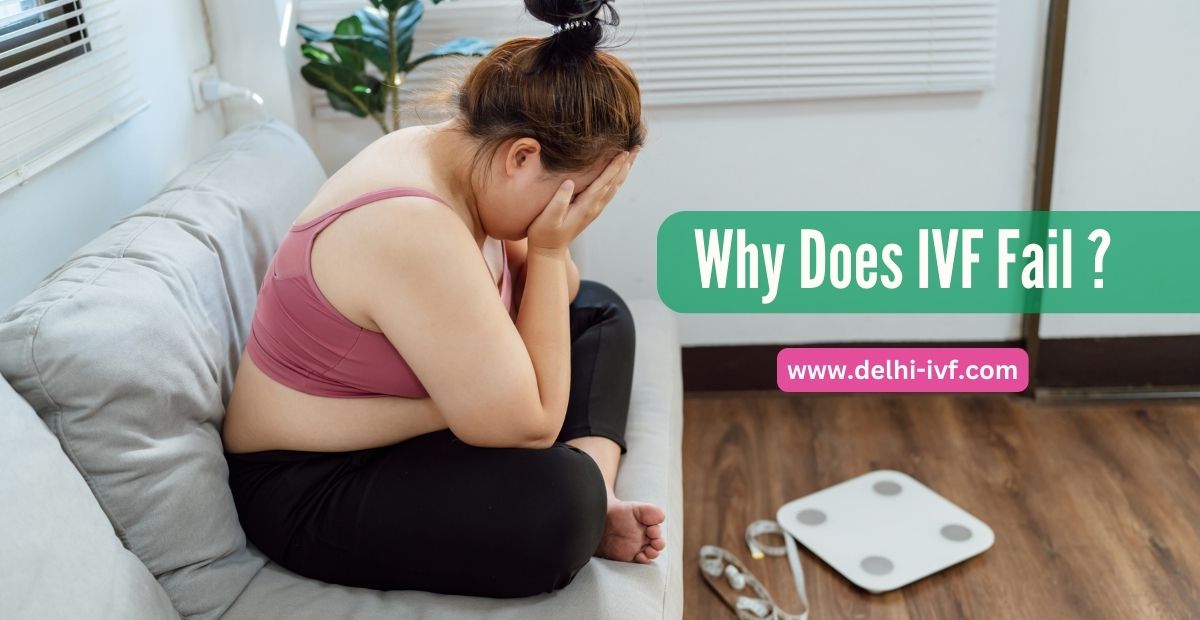Infertility is a growing concern for many couples worldwide, and with advancements in medical science, In-Vitro Fertilization (IVF) has emerged as a leading solution. Among the top destinations for IVF treatment, India stands out as a preferred choice due to several factors, including affordability, highly skilled doctors, state-of-the-art medical infrastructure, and high success rates. Let’s explore why India is becoming the hub for IVF treatment for international patients.
1. Cost-Effective IVF Treatment in India
One of the biggest reasons why international patients choose India for IVF treatment is the affordability factor. IVF treatment in India costs significantly less compared to countries like the USA, UK, Australia, or Canada.
| Country | Approximate Cost of IVF (Per Cycle) | Approximate Cost in INR |
| USA | $12,000 – $15,000 | ₹10,00,000 – ₹12,50,000 |
| UK | $8,000 – $10,000 | ₹6,70,000 – ₹8,40,000 |
| Australia | $7,000 – $10,000 | ₹5,90,000 – ₹8,40,000 |
| Canada | $10,000 – $12,000 | ₹8,40,000 – ₹10,00,000 |
| India | $3,000 – $5,000 | ₹2,50,000 – ₹4,20,000 |
Note: Costs may vary depending on the clinic, medication, and procedures involved.
Why is IVF Cheaper in India?
- Lower operational costs
- Availability of advanced medical technology at a lower price
- Affordable yet high-quality healthcare
- Competitive pricing among multiple top-tier clinics
- Cost-effective yet world-class fertility treatments
2. Highly Experienced and Trustworthy IVF Specialists
India is home to some of the world’s most educated and experienced fertility specialists. Many Indian doctors have received their training and certifications from globally recognized institutions. The country has a strong medical education system, ensuring that specialists are well-equipped to handle complex infertility cases.
What Makes Indian IVF Doctors Stand Out?
- Extensive experience in handling failed IVF cases
- Many specialists hold international accreditations and memberships (e.g., ASRM, ESHRE, ICMR)
- Personalized care with a patient-centric approach
- High success rates in complex infertility treatments
- Continuous research and advancements in reproductive medicine
3. High Success Rates of IVF Treatment in India
India has witnessed remarkable success in IVF treatments, with thousands of couples achieving their dream of parenthood. The success rate of IVF treatments in India is comparable to that of developed nations.
IVF Success Rates in India
| Type of IVF Procedure | Success Rate in India |
| Standard IVF | 50-60% |
| ICSI (Intracytoplasmic Sperm Injection) | 60-70% |
| IVF with Donor Egg | 65-75% |
| IVF with Surrogacy | 70-80% |
Factors contributing to high success rates include:
- Availability of cutting-edge technology
- Experienced embryologists and lab technicians
- Comprehensive fertility assessments
- Tailored treatment plans based on individual needs
- Use of the latest advancements such as laser-assisted hatching, embryo freezing, and preimplantation genetic testing (PGT)
4. World-Class Medical Infrastructure and Technology
India has some of the most advanced fertility clinics, equipped with state-of-the-art technology, highly trained medical staff, and international-quality laboratories.
Technologies Used in IVF Clinics in India
- Preimplantation Genetic Testing (PGT) – To screen embryos for genetic disorders
- Laser-Assisted Hatching – To improve embryo implantation success
- Cryopreservation – Freezing embryos and eggs for future use
- Advanced ICSI Techniques – To improve sperm selection for fertilization
- AI-Assisted Embryo Selection – Enhancing the success rate of IVF treatments
5. High-Quality Medical Care
India’s emphasis on medical excellence and patient wellness makes it an attractive destination for fertility tourism. Indian fertility clinics and hospitals follow strict quality protocols and employ highly trained medical professionals. Many facilities are accredited by international bodies, ensuring they meet global standards for patient safety and treatment results.
Why Choose Indian Fertility Clinics?
- Accredited by global healthcare organizations
- Specialized teams catering to international patients
- Personalized care with dedicated patient coordinators
- Language support and accommodation assistance for overseas patients
6. Government Regulations Supporting Fertility Tourism
The Indian government has taken steps to regulate and promote fertility tourism, ensuring ethical and safe practices. The Surrogacy Bill provides a legal framework for surrogacy and fertility procedures. Additionally, the Indian Society for Assisted Reproduction (ISAR) sets guidelines for fertility clinics to maintain quality standards. Unlike some countries with strict fertility laws, India offers legal alternatives for couples seeking advanced reproductive treatments.
7. Fertility Tourism in India
Fertility tourism in India has been growing due to the declining fertility rate. According to the National Family Health Survey, India’s fertility rate dropped from 6.18 in 1950 to 2.0 in 2021. This, along with high-quality and affordable fertility treatments, has made India a top destination for fertility tourism. The expected revenue from medical tourism in the coming years is between $8-10 billion, with fertility tourism playing a significant role. The combination of skilled doctors, patient-focused treatments, and cost-effective care makes India a preferred choice for people worldwide.
Growth of Fertility Tourism in India
| Year | Estimated Number of Medical Tourists (All Treatments) | Percentage for Fertility Treatments |
| 2015 | 2,34,000 | 15% |
| 2018 | 4,95,000 | 20% |
| 2021 | 7,00,000 | 25% |
| 2025* | 10,00,000+ | 30% (Projected) |
(*Projected values based on industry trends.)
8. The Oldest and Most Trusted IVF Clinic – Delhi IVF
When it comes to choosing the best IVF center in India, Delhi IVF stands out as the pioneer in fertility treatment. Established over 33 years ago, Delhi IVF has been a beacon of hope for thousands of couples from across the globe.
Delhi IVF at a Glance
- Operating in 66+ countries
- 21,000+ babies delivered
- High success rate in complicated cases
- Team of expert IVF specialists with global recognition
- Advanced technology and personalized treatment plans
Why Choose India and Delhi IVF for Your Parenthood Journey?
India has emerged as a global leader in IVF treatment, thanks to its affordability, high success rates, world-class infrastructure, and expert medical professionals. If you are looking for a trusted IVF clinic, Delhi IVF is the ultimate choice. With over three decades of expertise, thousands of successful cases, and a compassionate approach, Delhi IVF is committed to making parenthood dreams come true.
Contact Delhi IVF Today
📍 Location: Delhi, India
🌐 Website: www.delhi-ivf.com







 Your Journey to Parenthood Begins with us!
Your Journey to Parenthood Begins with us!